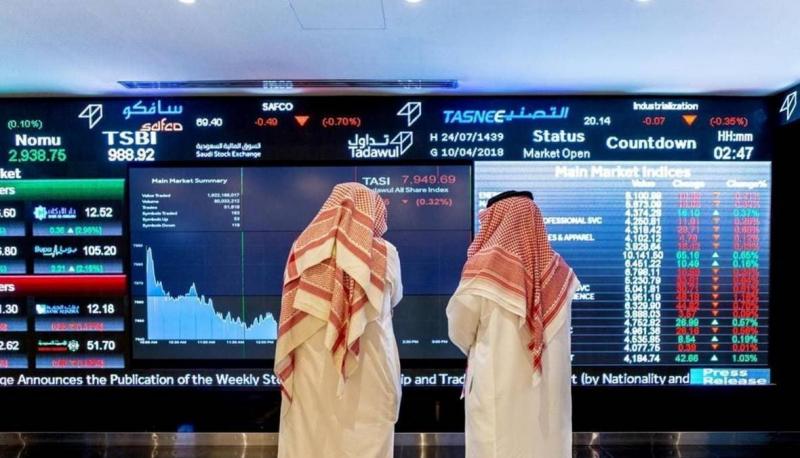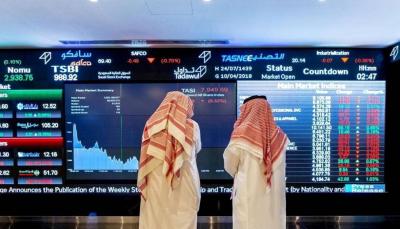Major stock markets in the Gulf region fell in early trading on Monday, as market participants anticipated that the world would see monetary easing next year. Markets ruled out another interest rate hike in December or next year, implying a 30 percent chance of monetary easing starting in March. Typically, the monetary policy in the six Gulf Cooperation Council countries is guided by the decisions of the Federal Reserve (the U.S. central bank), as most currencies in the region are pegged to the dollar.
The Saudi index decreased by 0.3 percent, heading towards ending four sessions of gains, with Aqua Power shares dropping 0.7 percent and shares of the Saudi Electricity Company down 0.5 percent. The Saudi Press Agency quoted Minister of Energy Prince Abdulaziz bin Salman as saying on Sunday that oil giant Aramco had discovered two new natural gas fields in the Empty Quarter. However, Aramco's shares fell by 0.6 percent.
The Dubai index remained stable. The Abu Dhabi index dropped by 0.1 percent due to a 0.4 percent decline in shares of First Abu Dhabi Bank, the largest bank in the UAE. Media reports indicated that Israel, the United States, and the Palestinian resistance movement Hamas reached a preliminary agreement to release dozens of hostages in Gaza in exchange for a five-day cessation of fighting, although this has not been confirmed yet. The Qatari index fell by 0.4 percent, driven by a 1.1 percent drop in shares of Qatar National Bank, the largest bank in the Gulf.




